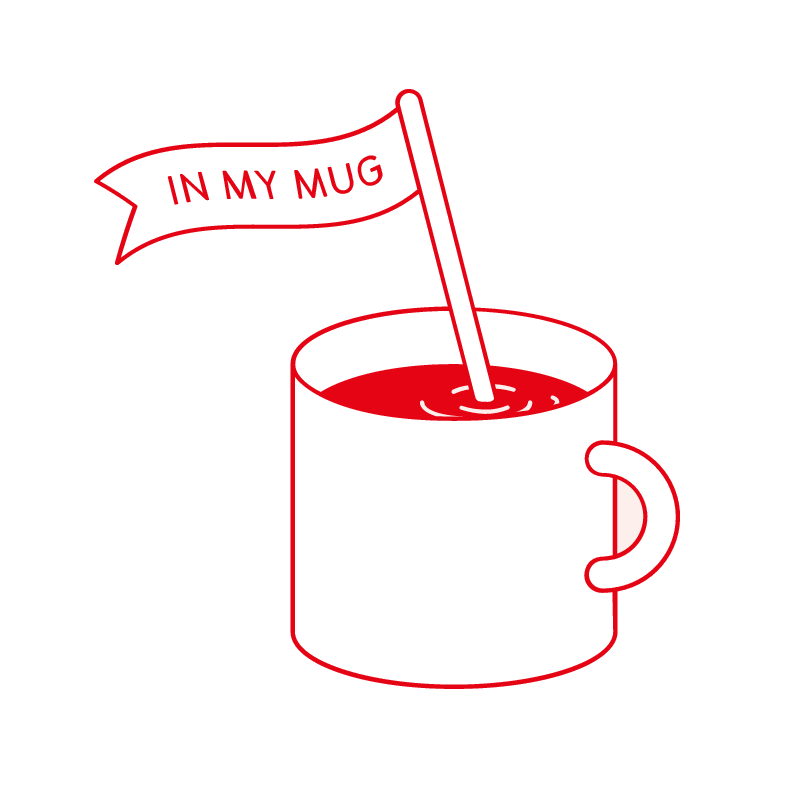Episodes

Monday Apr 18, 2016
Monday Apr 18, 2016
The owner of the farm is Feliciano Ramos, who is 45 years old and originally from the city of La Paz. His father was a potato and barley producer and Feliciano used to help him in the production and harvesting. In 2002 Feliciano decided to move to Caranavi, which is located in the sub-Andes valley.
Initially Feliciano rented a coffee farm for two years where he began his education in coffee, but also began saving to buy his own farm. After two years, he bought a farm of around 10 hectares. Like many farms in Bolivia his farm doesn't have a name (most other coffees are named after the person that grew them (David Vilca for example)), but it is in the Loayza municipality and so is known as Finca Loayza Feliciano Ramos.
The farm is located on top of a small mountain, looking out towards the high snowy peaks of the Andes. Finca Loayza Feliciano Ramos only had 2 hectares of old coffee plantations, but Feliciano has continued to raise this number whenever he is able to by planting new stock, selecting different varietals according to the terrain.
Feliciano is married to Tomasa Condori and they have 5 children who are all of school age, but they help their parents with the farm after school (imagine that as a chore after school, makes loading the dishwasher seem like a breeze!) Coffee is the only source of money for the family, and so for them it's very important that they continue to produce great coffee.
In the region of Caranavi and the Yungas valleys there is a serious problem of coffee being ripped out and coca leaf planted (which is legal in Bolivia), but this has a big environmental impact on the soil, forests, and the communities. However, coffee is seen as a good alternative to this if good prices can be achieved with it, and it is also much kinder to the environment. With this in mind, Feliciano is in his second year of being organic certified, although we chose not to take the certification.
This coffee is sold as a washed coffee, and I guess it is. Washed coffee is normally placed in a fermentation tank to remove the sticky layer on the outside of the seed after removing the fruit. This coffee has been dry fermented, then it has been through a pulping machine a second time using the scrubber part of the pulper, then finally left to dry like a pulped natural would be, just without most of the mucilage. It's a hybrid process, and I really like the final result.
Times are tough for coffee farmers in Bolivia at the moment and Feliciano's yields are massively down, leaf rust is a huge problem. Feliciano has moved his family and himself off the farm, so his wife can work, and he commutes to the farm. Not because he wants to but because this is the only way he can make it work. I wouldn't be surprised to see Feliciano stop growing coffee in the near future unless something changes. To get great coffee out of Bolivia this year has been much harder than normal, and this has meant paying much more for it, but we think it's absolutely worth every penny.
In the cup it's a very deep and complex coffee, where cherry cola meets key lime pie. Add to this thesweetness coming from a mixture of caramel and dark chocolate that just carries on in the aftertaste. A unique Bolivian.
- Farm: Finca Loayza
- Farmer: Feliciano Ramos Aruquipa
- City: Caranavi
- Region: Franja se los Yungas
- Country: Bolivia
- Farm size: 10.00 Hectares
- Coffee growing area: 8.00 Hectares
- Altitude: 1,635 m.a.s.l.
- Variety: Peaberry
- Type of soil: Clay
- Type of shade: orange, mandarin, and Inga (Sinquili) trees
- Processing system: Washed (on-site wet processing, solar drying)

